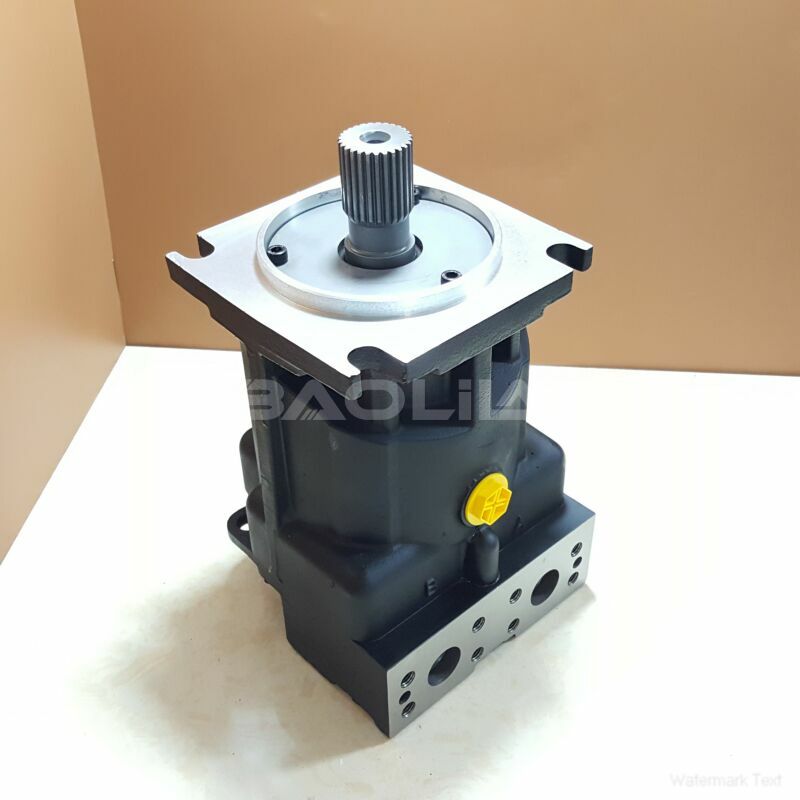90M075NC0N1N0S1W00NNN0000F0 danfoss motor
90M075NC0N1N0S1W00NNN0000F0 danfoss motor

- Product Details
- Applicable Scene
Hydraulic motors have gained significant popularity in various industrial and agricultural applications due to their unique capabilities. One of the most notable areas where hydraulic motors excel is in low-speed, high-torque operations. This article explores the advantages of using hydraulic motors in such applications and how they contribute to overall efficiency and performance.
90-M-075-NC-0-N-1-N-0-S1-W-00-NNN-00-00-F0
90M075NC0N1N0S1W00NNN0000F0
One of the primary advantages of hydraulic motors is their ability to deliver substantial torque at low speeds. In many industrial processes, such as crushing, mixing, and conveying, equipment often requires high torque to initiate or maintain movement without needing to rotate at high speeds. Hydraulic motors can provide this high torque due to the nature of hydraulic fluid power, allowing them to handle heavy loads efficiently.

9531107
Another benefit is the compact design of hydraulic motors. Compared to other rotary motors, hydraulic motors can provide significant torque in a smaller footprint. This characteristic is particularly beneficial in applications where space is limited, such as in mobile machinery or confined work environments. The smaller size allows for more flexible design configurations, making it easier to integrate hydraulic motors into existing systems.
Hydraulic motors also feature excellent control and responsiveness. In low-speed applications, precise control over speed and torque is essential for achieving desired operational outcomes. Hydraulic motors can rapidly adjust their output, making them highly effective for applications requiring precise modulation of torque and speed. This adaptability is crucial in scenarios where loads may change unexpectedly or require fine-tuning for optimal performance.
Moreover, hydraulic motors typically exhibit high efficiency, particularly in the low-speed range. The ability to convert hydraulic fluid energy into mechanical energy with minimal losses makes them ideal for applications that demand sustained power over extended periods. This efficiency translates to lower operational costs and reduced energy consumption, making hydraulic motors an economical choice for industries focusing on sustainability and cost-management.





